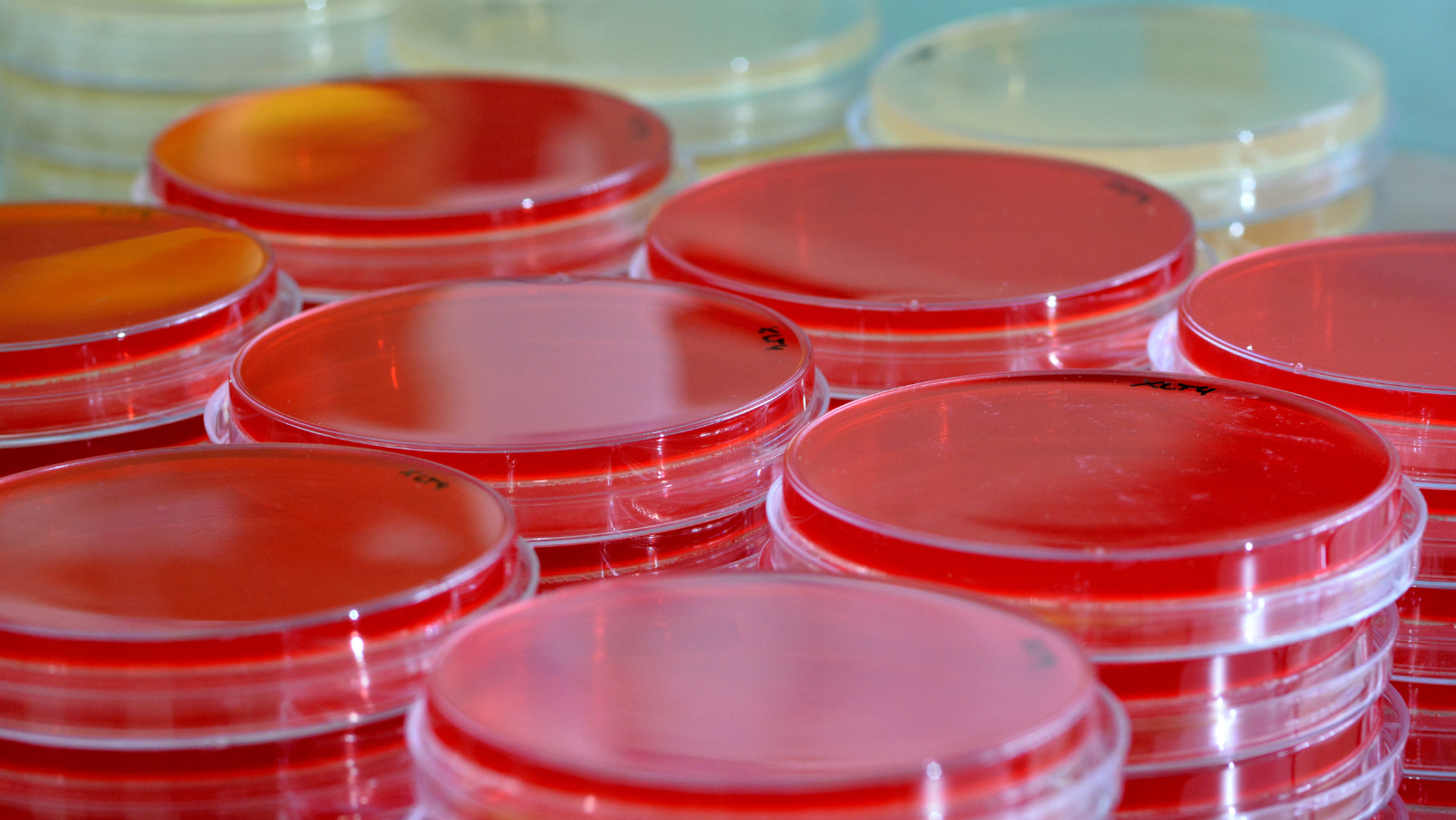Introduction
Microbiology is a branch of science that deals with the study of microorganisms, including bacteria, viruses, fungi, and parasites. It plays a crucial role in various fields of research, including medicine, agriculture, environmental science, and biotechnology. In this blog post, we will explore the importance of microbiology in research and its impact on various aspects of our lives.
Medical Research
Microbiology is essential in medical research as it helps in understanding and combating infectious diseases. Researchers study the characteristics and behavior of pathogenic microorganisms to develop effective treatments and preventive measures. They investigate the mechanisms of microbial infections, identify new pathogens, and study their antibiotic resistance patterns. Microbiology research also contributes to the development of vaccines and diagnostic tools for early detection of diseases.
Agricultural Research
In agricultural research, microbiology plays a significant role in improving crop productivity and reducing the reliance on chemical fertilizers and pesticides. Researchers study the interactions between plants and beneficial microorganisms, such as nitrogen-fixing bacteria and mycorrhizal fungi, which enhance nutrient uptake and plant growth. Microbiologists also study plant pathogens and develop strategies to control plant diseases, ensuring sustainable agricultural practices.
Environmental Research
Microbiology is crucial in understanding the impact of microorganisms on the environment. Researchers study microbial communities in various ecosystems, such as soil, water, and air, to assess their roles in nutrient cycling, pollutant degradation, and climate change. They explore the potential of microorganisms in bioremediation, which involves using them to clean up contaminated sites. Microbiology research also contributes to the development of sustainable biofuels and bioplastics.
Biotechnology Research
Microbiology is at the heart of biotechnology research, where scientists harness the power of microorganisms for various applications. They use genetic engineering techniques to modify microorganisms for the production of valuable compounds, such as enzymes, antibiotics, and biofuels. Microbiology research also contributes to the development of probiotics, which are beneficial bacteria that promote human health. Additionally, microbiologists study the interactions between microorganisms and host organisms to develop novel therapies and treatments.
Conclusion
Microbiology plays a crucial role in research across different fields, contributing to advancements in medicine, agriculture, environmental science, and biotechnology. It helps us understand the complex world of microorganisms and their impact on our lives. By studying microorganisms, researchers can develop innovative solutions to combat diseases, improve agricultural practices, protect the environment, and enhance human well-being. The ongoing research in microbiology continues to expand our knowledge and pave the way for a better future.



Leave a Reply